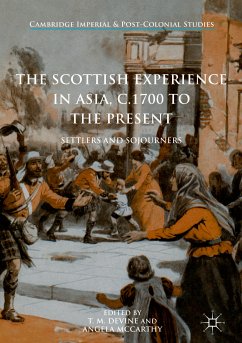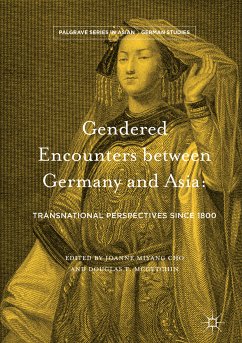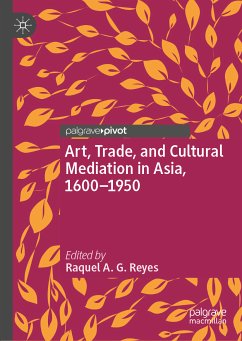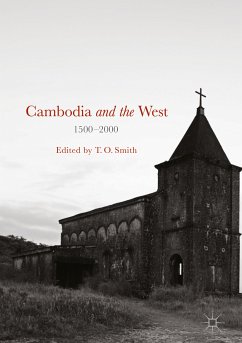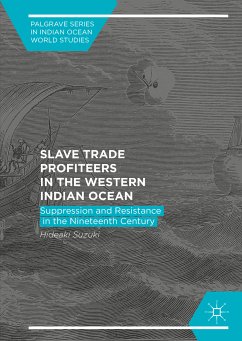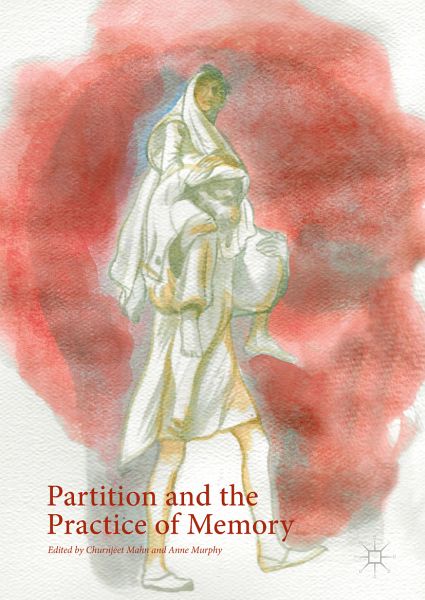
Partition and the Practice of Memory (eBook, PDF)

PAYBACK Punkte
32 °P sammeln!
This edited collection attends to the locations of memory along and about the Indo-Pakistan and Indo-Bangladesh borders and the complex ways in which such memories are both allowed for and erased in the present. The collection is situated at the intersection of narratives connected to memory and commemoration in order to ask how memories have been formed and perpetuated across the imposition of these borders. It explores how national boundaries both silence memories and can be subverted in important ways, through consideration of physical sites and cultural practices on both sides of the India...
This edited collection attends to the locations of memory along and about the Indo-Pakistan and Indo-Bangladesh borders and the complex ways in which such memories are both allowed for and erased in the present. The collection is situated at the intersection of narratives connected to memory and commemoration in order to ask how memories have been formed and perpetuated across the imposition of these borders. It explores how national boundaries both silence memories and can be subverted in important ways, through consideration of physical sites and cultural practices on both sides of the India-Pakistan-Bangladesh borders that gesture towards that which has been lost - that is, the cultural whole that was the cultural regions of Punjab and Bengal before Partition, as well as broader cultural "wholes" across South Asia, across religious and linguistic lines - alongside forces that deny such connections. The chapters address issues of heritage and memory through specific case-studies on present-day memorial, museological and commemoration practices, through which sometimes competing memorial landscapes have been constructed, and show how memories of past traumas and histories become inscribed into diverse forms of cultural heritage (the built landscape, literature, film).
Dieser Download kann aus rechtlichen Gründen nur mit Rechnungsadresse in A, B, BG, CY, CZ, D, DK, EW, E, FIN, F, GR, HR, H, IRL, I, LT, L, LR, M, NL, PL, P, R, S, SLO, SK ausgeliefert werden.







